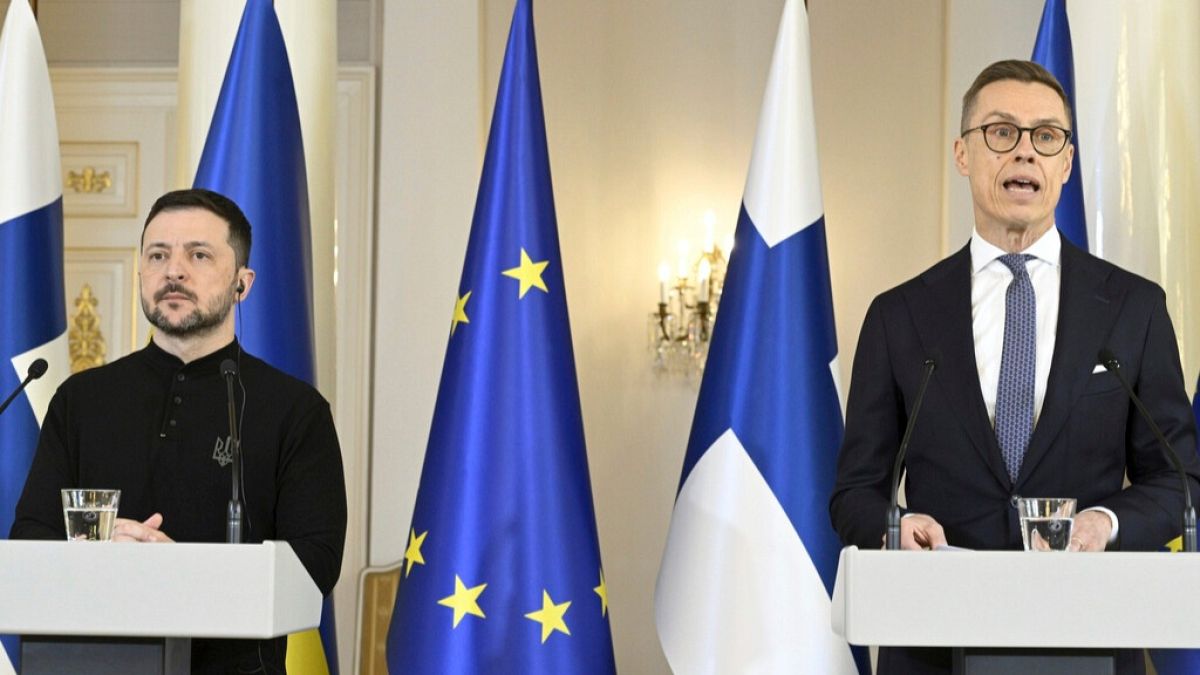Environmental investment deficit in Portugal is €1.6 billion per year – European Commission

The investment deficit to achieve environmental goals in Portugal is 1.6 billion euros per year, which represents 0.65% of the national GDP, below the European Union average, the European Commission announced today.
In a review published today regarding the implementation of environmental law, the community executive indicates that European Union (EU) funding “has significantly contributed to improving the enforcement of legislation and environmental policy in Portugal.”
However, “Portugal continues to face environmental challenges and considerable investment needs,” adds the institution, specifying that “the investment deficit to achieve Portugal’s environmental goals is estimated at 1.6 billion euros per year, which represents 0.65% of the national Gross Domestic Product (GDP), below the EU average – 0.77% -, with most of it needed for biodiversity and ecosystems.”
In this regular report on the implementation by countries of environmental legislation, which raises awareness of the importance of EU environmental rules, the European Commission admits that Portugal “continues to face environmental challenges and considerable investment needs, especially in the areas of water and waste management, nature protection, air quality, and enforcement of legislation.”
Specifically, according to the community executive, the country “needs more efforts to improve waste management and develop the potential of the circular economy,” noting that “it did not meet the EU target of recycling 50% of urban waste by 2020 and is at high risk of not meeting the new EU waste targets for 2025.”
Regarding pollution, there is a need to invest more in infrastructure to improve water management, namely in the collection and treatment of wastewater, in reducing leaks in networks and in the general water supply, in monitoring the quality and quantity of water, as well as in implementing nature-based solutions and river restoration.
Portugal also “needs to adopt management plans for its Natura 2000 sites, identifying the specific conservation objectives and measures for each site and providing the necessary technical, human, and financial resources,” the report states.
On a positive note, the European Commission highlights the national strategic plan for water supply, wastewater, and stormwater management, as well as the new national water strategy.
The estimated costs of non-implementation of EU environmental legislation through air and water pollution, nature degradation, and waste are estimated at 180 billion euros per year for the entire EU.
This represents approximately 1% of the EU’s GDP.
The European Commission has made various EU funds available to member states to cover their investment needs, which amount to about 122 billion euros per year, in environmental objectives and priorities.














































